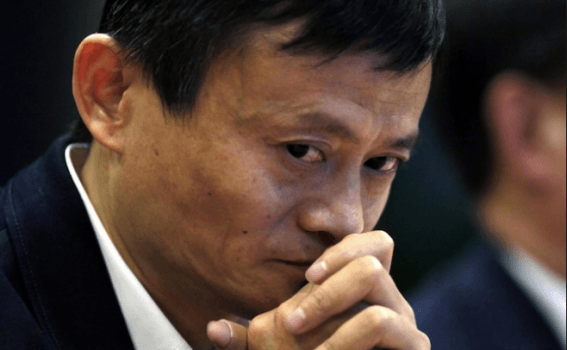The Impact of Web3 on Traditional Industries
The digital environment is experiencing significant changes with the introduction of Web3, noted for its decentralized structure. This next stage in the development of the internet goes beyond a simple tech enhancement; it represents a transformative strategy that could change the operational methods of businesses in many areas.
In this article, we will explore the significant effects of Web3 on conventional industries, especially how it advances over current digital systems and methods.
Improving Digital Infrastructure for Various Sectors
At the heart of Web3’s impact lies the improvement of digital infrastructure. Unlike traditional web services, which are centralized and prone to bottlenecks and failures, Web3 introduces a more robust, decentralized network model. This model not only enhances fault tolerance and security but also streamlines operational efficiency.
For instance, working with a reliable CDN provider has become essential for speeding up content distribution online and seizing new opportunities in Web3. By utilizing technologies that support decentralized assets, they ensure quicker and more dependable access to web services worldwide. This is vital for maintaining the high-performance standards expected in modern digital interactions while integrating the advanced security features offered by blockchain technologies.
Revolutionizing Financial Services
Web3 is fundamentally reshaping the landscape of financial services, with blockchain technology and cryptocurrencies leading the charge. This innovative approach is streamlining processes within banks, insurance firms, and investment companies.
Through the utilization of blockchain, these entities can streamline transaction times and establish a permanent, tamper-proof ledger for all activities, thereby improving transparency. Currently, around half of all finance applications rely on Web3 technology, underscoring its growing importance. This transition not only cuts down on operational expenses tied to financial transactions but also mitigates the threat of fraud, ultimately bolstering the security and reliability of financial systems.
Transformations in Healthcare
The healthcare sector experiences significant transformation due to Web3. Through blockchain technology, medical records become securely encrypted and shared among authorized professionals, ensuring patient privacy and enhancing care coordination.
Furthermore, this technology simplifies different administrative tasks in healthcare systems, like billing and managing claims, by minimizing errors and eliminating excessive paperwork. The improved security and efficiency offered by Web3 technologies may result in more personalized and prompt medical care, greatly influencing patient outcomes.
These progressions indicate a move towards a better-connected and more efficiently organized healthcare network. Utilizing Web3 technologies enables healthcare providers to adjust to changing patient requirements while upholding the integrity and security of data.
Changes in the Retail and Supply Chain Sectors
In the retail and supply chain sectors, Web3 technologies enable a new level of tracking and efficiency. Blockchain technology enables clear monitoring of products from their creation to their delivery, lowering the chances of counterfeit goods and guaranteeing their genuineness.
Moreover, customers enjoy a more engaging and transparent shopping journey, while retailers can use smart contracts to automate and safeguard transactions. This enhanced tracking and automation not only enhances consumer confidence but also streamlines inventory control and minimizes waste.
These advancements represent a significant leap forward in the way goods are managed and distributed, revolutionizing traditional retail and supply chain practices. Embracing these technologies can lead to increased competitiveness and sustainability in the market landscape.
Real Estate Disruption
Web3 has the potential to significantly transform the real estate sector. By tokenizing property and using decentralized finance (DeFi), it could make real estate investments available to more people. This means breaking down big assets into smaller, cheaper pieces.
It could open up real estate markets to more individuals and give them more chances to invest. Plus, using smart contracts in real estate deals cuts down on the need for middlemen, which saves money and makes things run smoother.
Impact on Legal and Governance Structures
Web3 is poised to transform legal procedures and governance frameworks. Smart contracts streamline and enforce contract execution, slashing the time and expenses associated with legal procedures. This automation guarantees that agreements are carried out exactly as planned, cutting down on conflicts and boosting adherence.
Moreover, the decentralized essence of Web3 might foster greater transparency in governance methods. Blockchain-powered voting systems and other governance instruments provide secure, verifiable means for participating in organizational and governmental decision-making.
Final Thoughts
Web3’s emergence is reshaping conventional sectors by offering upgraded digital frameworks, heightened transparency, and better operational effectiveness. As discussed, its influence spans from finance to healthcare, retail to real estate, and more, ensuring a safer, more efficient, and fairer digital landscape.
For businesses, staying competitive in this swiftly changing setting involves embracing these shifts, adjusting to the new decentralized digital norm, and actively engaging in the continuous advancements of Web3 technologies.





